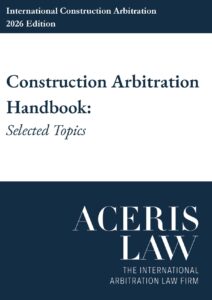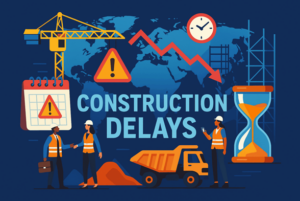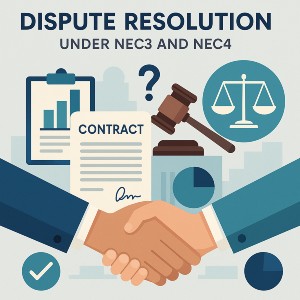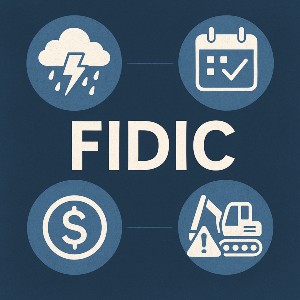As the year begins, many in the construction industry are reviewing the disputes, claims, and lessons that shaped their projects in 2025. International construction arbitration continues to be demanding, shaped by technically complex records, evolving contractual frameworks, and growing expectations for timely and fair resolution of disputes. Looking ahead, several issues will continue to dominate […]
Construction Arbitration
Aceris Law Secures Another Decisive Victory in an ICC Arbitration Under Swiss Law
Aceris Law is pleased to announce the successful representation of a Croatian company in an ICC arbitration against an Italian counterparty arising from a major industrial construction project in the energy and petrochemical sector in Croatia. The Arbitral Tribunal issued a final award fully upholding the client’s claims, awarding the vast majority of costs in […]
Back-to-Back Clauses in Construction Arbitration
Back-to-back clauses are a common feature of large international construction projects, particularly in the infrastructure and energy sectors, where works are delivered through multi-tiered subcontracting structures. In such arrangements, employers and subcontractors have no direct contractual relationship, a separation commonly referred to as the principle of privity of contract.[1] As a result, this contractual structure […]
Liquidated Damages and Penalty Clauses in International Arbitration
In international contracts, parties seek above all predictability and effective control of risk. One of the most powerful contractual mechanisms to achieve both objectives is to include a pre-agreed damages clause, commonly referred to as a liquidated damages or penalty clause. Such provisions fix in advance the sum payable where a party fails to perform […]
Delay Claims in International Arbitration
Delay claims are among the most common and contentious issues in international construction arbitration. Whether the project involves an industrial facility, a power plant, an infrastructure network, a data centre, or a residential complex, the reality is familiar to anyone in the industry: projects often take longer than expected.[1] When delays have significant financial consequences, […]
Costs of Construction Arbitration
Construction projects are inherently complex. They often bring together multiple parties, detailed contractual frameworks, and technically challenging issues that can lead to high-value disputes.[1] In the construction industry, arbitration is frequently chosen for its neutrality, flexibility, and enforceability across jurisdictions. However, the costs of construction arbitration can be substantial and at times unpredictable, occasionally rivaling […]
NEC Contracts: Dispute Resolution Under NEC3 and NEC4
The NEC family of contracts, short for New Engineering Contract, is a suite of standard forms of contract originally developed under the auspices of the Institution of Civil Engineers (“ICE”). NEC is designed for construction, engineering, and infrastructure projects and is used widely in the UK public sector. Its use has also expanded globally, particularly […]
Understanding Risk Allocation in FIDIC Construction Contracts
Construction contracts do more than set out scope, price, and timelines – they also determine how risks are allocated between the parties.[1] Risk allocation is often described as the “soul” of a construction contract because it defines who bears responsibility when projects face design errors, cost overruns, delays, or unforeseen site conditions.[2] The Fédération Internationale […]
Errors in the Employer’s Requirements under FIDIC Contracts: Legal Implications and Lessons Learned
Errors in the Employer’s Requirements (“ER”) are a recurring source of disputes in international construction projects governed by International Federation of Consulting Engineers (“FIDIC”) contracts. These requirements define the project’s technical and functional criteria, and errors can have significant legal and financial consequences for both employers and contractors. This note examines how such errors are […]








